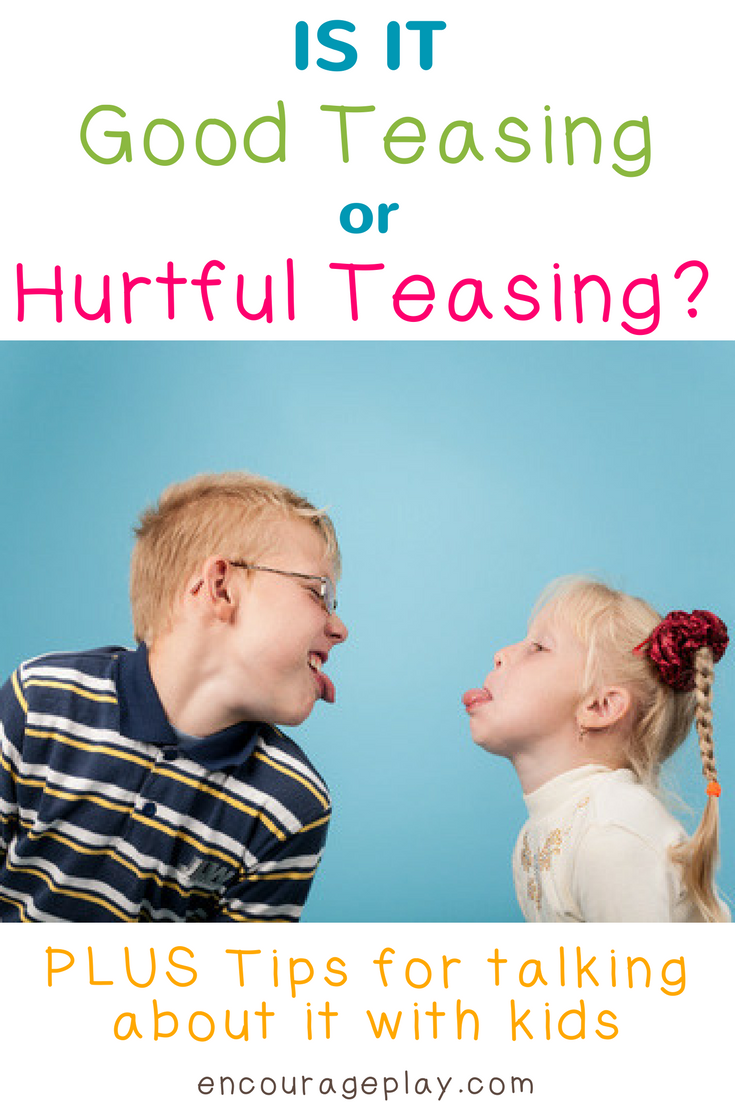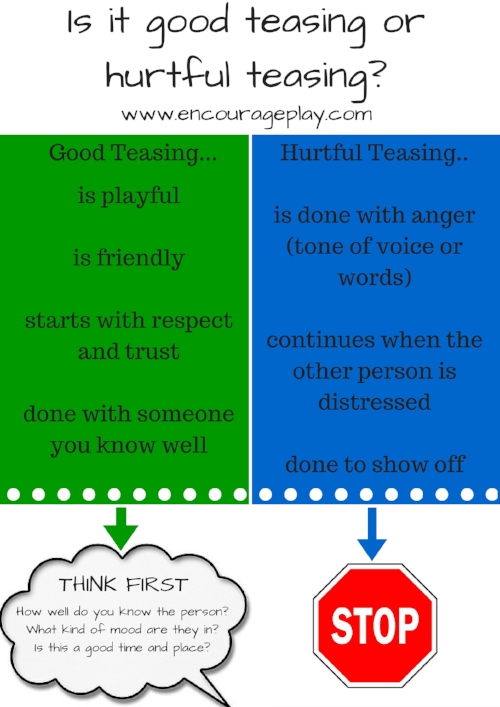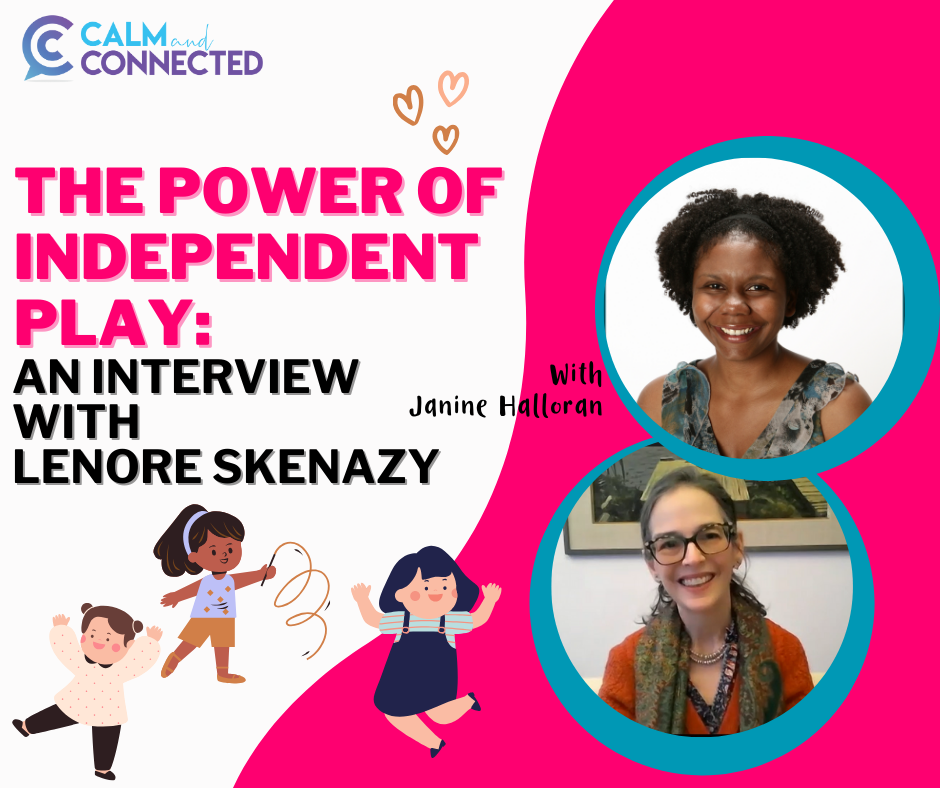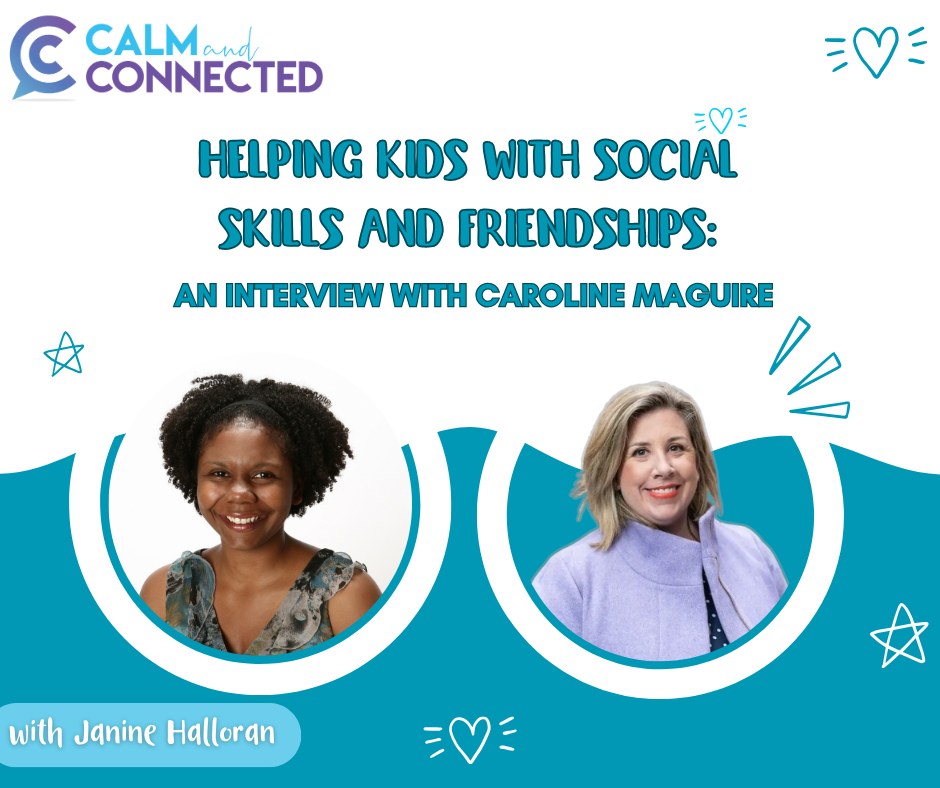This post contains affiliate links. To learn more, feel free to take a peek at my disclosure policy.
“You lost your phone again?!! Seriously?” He smiles and chortles while dialing on his own cell phone so I can find mine. Fingers crossed it’s not on silent or do not disturb.
I misplace my cell phone at least twice a day. It’s out of control. I know I should create some sort of system, a place where it always goes, but I haven’t done that yet. Instead I lose it, then spend a few minutes searching, and inevitably, my husband sees me or I ask him to help me. He teases me about it all the time. But it’s kind of our thing we do. I lose my phone and ask for help, he teases me and helps me find it. Rinse and repeat daily :-)
Teasing is such a difficult social concept. It’s such an easy thing for people to misunderstand and misinterpret. It’s hard to tell if someone is being friendly and playful or being hurtful. Or someone might be attempting to be playful, but it turns out the other person thinks they’re being hurtful. Or the other way around. Teasing is a part of life and need to be discussed and explored in order for kids to accurately identify and manage these situations.
Good Teasing....Yes, it exists.
When I worked with kids in schools, I would do classroom lessons on teasing as part of an anti-bullying curriculum. One of the first questions I would always ask was whether teasing was good or bad. Most of the time they all said it was bad. I was able to let them know that there IS such a thing as good teasing. I would tell them about how my husband teases me and how we both enjoy it and think it's funny. Teasing can be good OR it can be hurtful.
Good-natured teasing is...
Playful
Friendly
Starts with respect and trust
Done with someone you know pretty well
Good teasing can only come from a foundation of respect and kind feelings towards one another, and a shared positive history. I’ve known my husband for 20 years. We’ve been married for 14, and we love, care for and respect each other. He knows I think it’s funny, I know he’s being playful and it’s admittedly RIDICULOUS that I lose my phone that often.
Hurtful Teasing
When people think of teasing, they usually think of the bad kind of teasing - what I call hurtful teasing. You can tell it’s hurtful teasing because:
The person has angry tone of voice
The person has angry body language
It continues even when the other person is distressed
It continues even when the person teasing knows it is upsetting to others
Sometimes it’s done to show off to others
It’s rude or insulting comments about someone’s appearance, social status, abilities or identity
Stop and Think
Before you even think about trying to use good teasing with someone, you have to think about the relationship between you and the other person. How long have you known each other? If you haven’t know each other for too long, then it’s probably not a good idea to tease them, even if you mean it in a playful way.
You also need to consider the personality and experiences of the other person - some people were teased or bullied in the past and any teasing (good or hurtful) reminds them of that. Some people are more sensitive to teasing and just don’t like to be teased at all. My son is one of them.
Are you pretty sure that they think what you’re about to say would be funny? Sometimes you may mean it to be playful teasing but the other person misinterprets it. Pay attention to body language and facial expressions to see if the person actually is enjoying it.
What’s SUPER tricky is that there are times when someone may like to be teased, and at other times, they may not. You have to pay attention to what’s happening for the other person at that moment. If their pet hamster just died, chances are they are not in a joking mood, even if they typically enjoy good-natured teasing.
When does it cross the line?
How can you tell when teasing crosses the line? If a person's body language changes to look sad or upset (shoulders drooped, downcast face, mouth turned down, teary eyed) - then you need to stop. If you find yourself saying the following words, chances are you are crossing the line:
•“I was just kidding”
•“I didn’t mean anything by it”
•“Can’t you take a joke?”
Spark a conversation with a book
A book is a great way to start a conversation about a tough topic like teasing.
For the younger crowd:
The Berenstain Bears and Too Much Teasing - My kids love this book (my son currently wants me to read this every night). After being teased himself, Brother Bear is a good example of being a great upstander for a new bear in town.
Chrysanthemum - I love this book. It’s a great starting point to talk about the effect that your words can have on others.
Book for older kids:
Wonder - A powerful story about a boy born with a facial difference, and the challenges he deals with as he starts in school for the first time in 5th grade. This book tackles a lot of areas that kids have to deal with: bullying, exclusion, feeling different, fitting in and finding their place.
The Hundred Dresses - A story of a girl who wears the same dress every day and gets made fun of for it. It’s told from the perspective of a bystander. Another great book that can get kids thinking and talking about teasing and bullying.
Action Plan for Counselors
Some children really struggle with the incredibly complex social nuance of teasing. You can use the visual about good versus hurtful teasing during 1:1 meetings with them. You could also use it to start conversations with groups of children during lunch group or during classroom lessons.
Action Plan for Families
Ask your child if they’ve ever seen anyone being teased - it’s easier for kids to talk about what they’ve seen happen for others rather than if they’ve been teased themselves. Talk about teasing as a family over dinner or in the car. If you see a situation during a TV show or while reading a book that shows good or hurtful teasing, label it. Or read one of the books above to start a conversation.
I haven’t lost my phone today...yet. Luckily my husband is here to tease and help me find it when I misplace it again. Rinse and repeat ;-)













